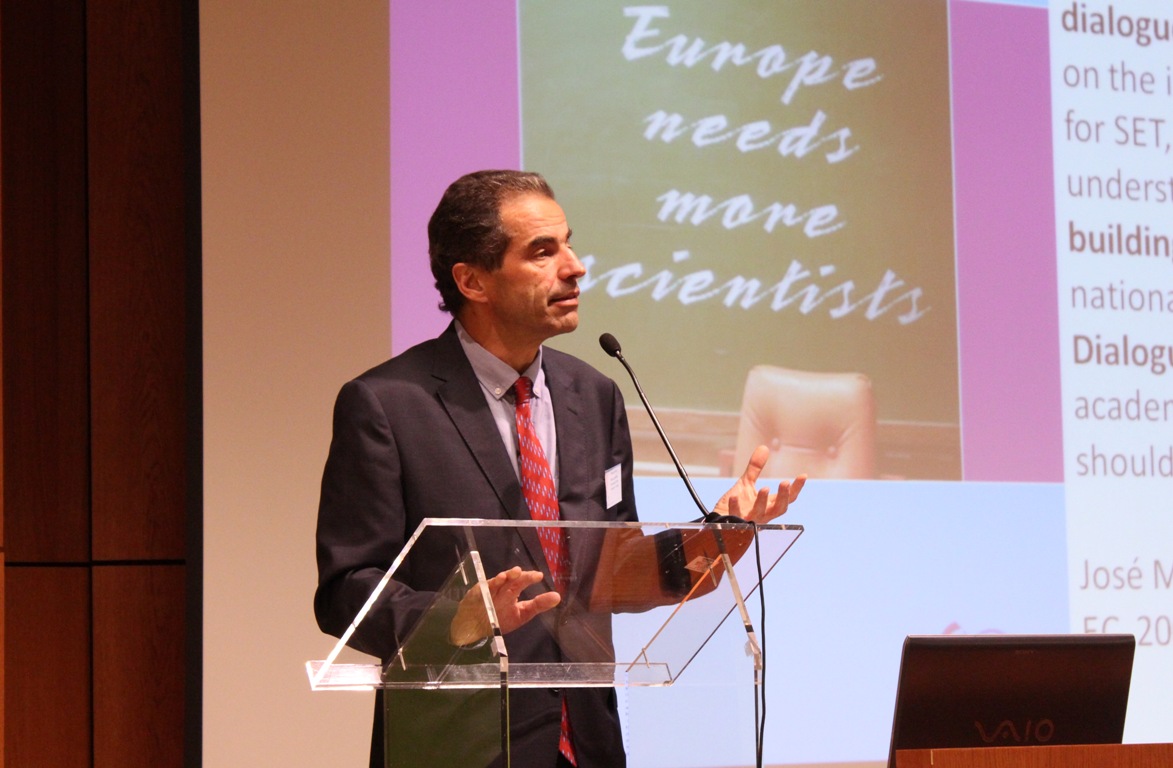Symposium: The Doctoral Space revisited

Symposium
Paleis der Academiën, Brussel
Activity in the context of the Thinkers' cycle
The doctorate is a centuries-old institution, born in the 12th century in Paris primarily as a qualification to “profess”. It was re-shaped in the early 19th century in Germany as a research degree, the prerequisite for an academic career. Today, the PhD is increasingly regarded as an instrument of innovative career development – far beyond the academic realm. Conscious of the importance of this development, the Royal Flemish Academy of Sciences and Arts of Belgium has initiated the 2016 Thinker’s Programme.“The Doctoral Space revisited”
Flanders’ graduation policy is functioning well: doctoral schools in general provide a number of learning opportunities and Flanders’ innovation capacity, breeding in particular within strategic research centres closely linked to universities, is scoring high. But Flanders and Europe hold a potential “Starters Cloud” - a large number of researchers - still largely under the radar. The key question is: to what extent is Flanders – and by extension Europe – prepared to fully capture the vast pool of potential energy represented by this generation?
On the 7th of November The Academy brought together university stakeholders, young researchers, national and international policymakers to discuss the current challenges together with everyone concerned with the subject.
07-11-2016
Statement
Career tracking and mapping of doctoral degree holders in Flanders and Europe: everything under control? Researcher’s Careers: Postdoctoral Funding and Intersectoral Mobility Schemes.
To what extent are Flanders and Europe prepared to fully capture the vast pool of potential represented by the present generation of doctoral degree holders and use it to build a strong and cohesive society empowered by knowledge?
Statement and panel debate.
Panel debate: To what extent can universities, institutional stakeholders and the private sector still better contribute to prepare and coach the present generation of doctoral degree holders in their empowerment to contribute to a strong and cohesive society driven by knowledge?

